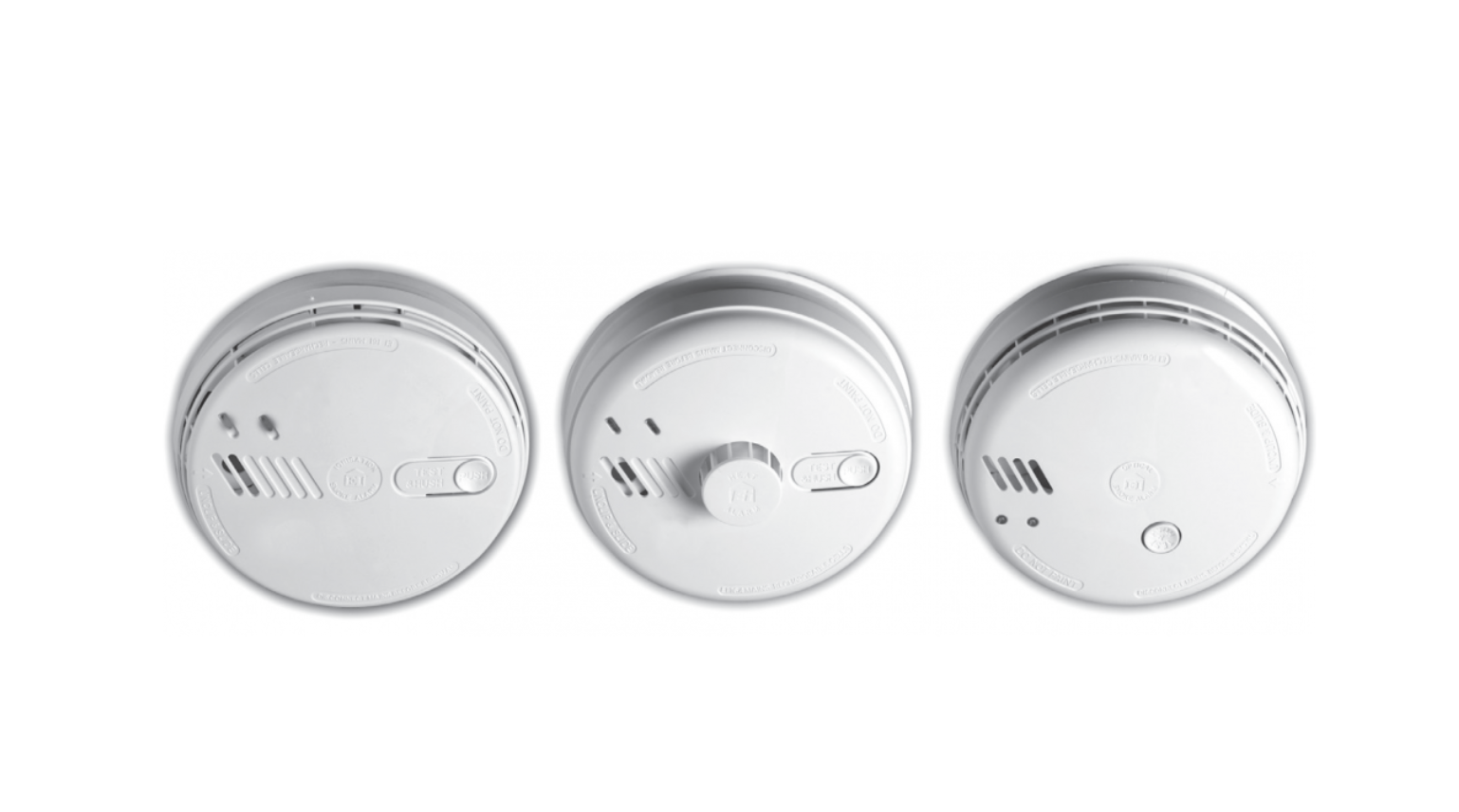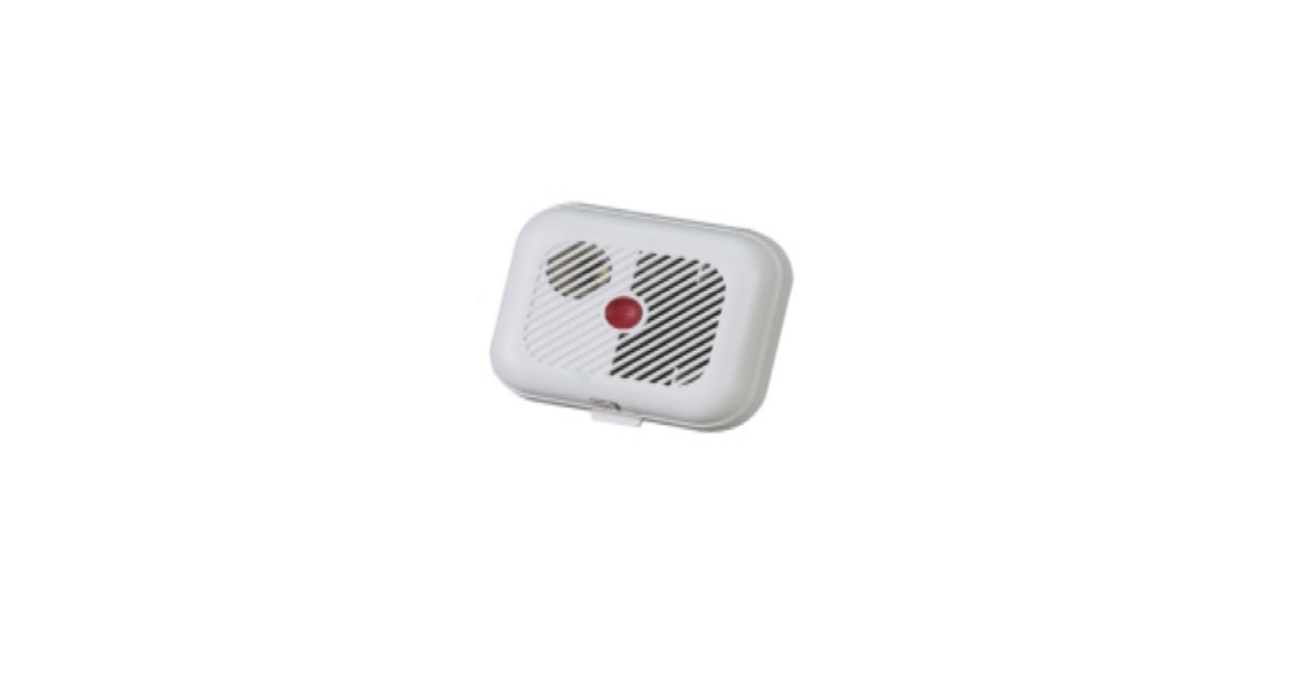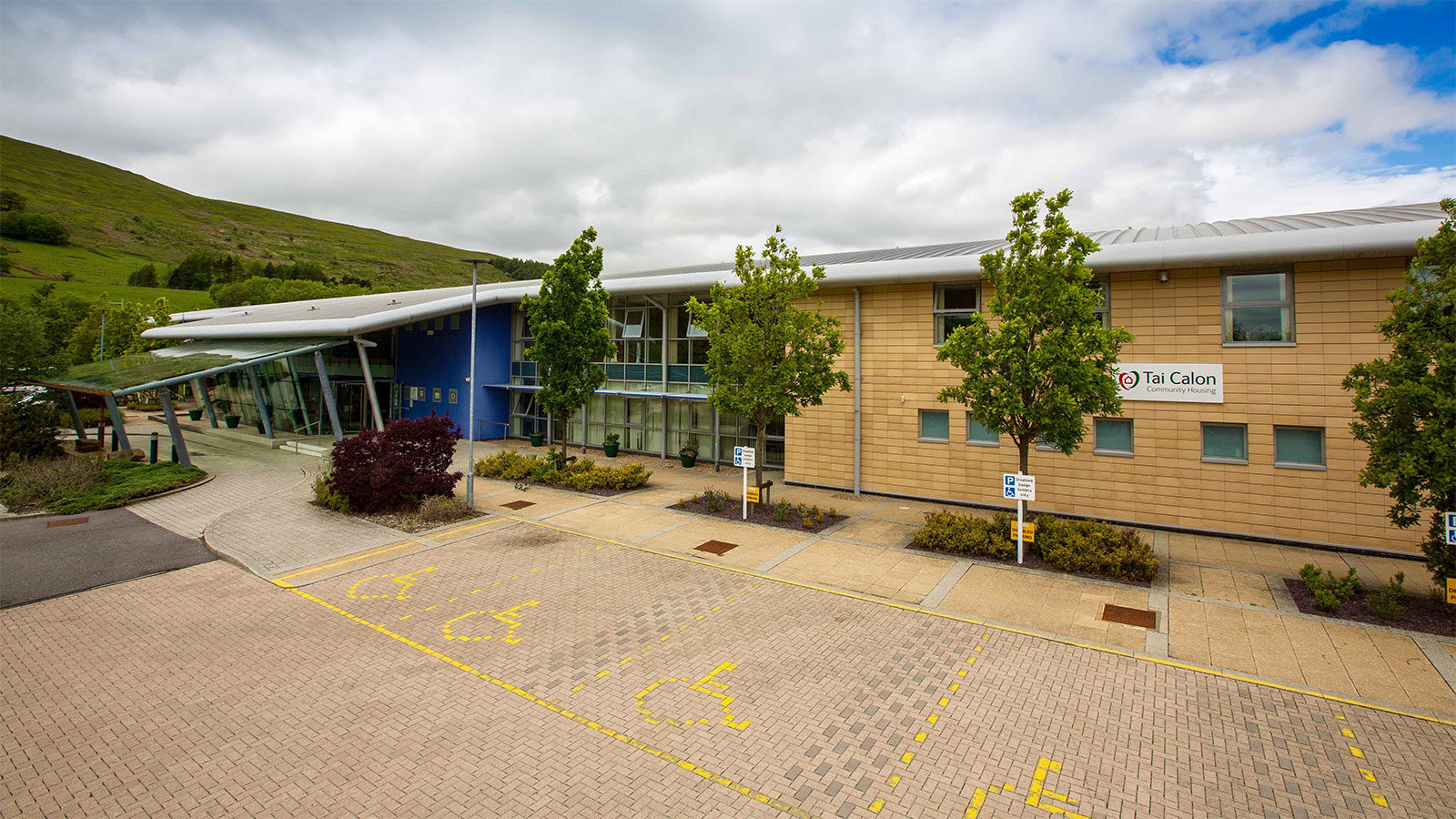There was one accidental fire almost every week in Blaenau Gwent during the past two years.
Would you know what to do if there was a fire in your home? Do you know how to keep your loved ones safe?
Did you know?
You are more than twice as likely to die in a fire if you don’t have a working smoke alarm. Your home should have a mains powered smoke alarm. If not, please contact us on 0300 303 1717, Monday to Friday, 9am to 5pm and make an appointment for one to be fitted.
Smoke Alarms
- Regularly check that the green mains indicator light on the cover is lit.
- Test weekly – press and hold the test button on the alarm for 10 seconds. The alarm will sound loudly and the red light on the cover should flash rapidly. All the other interconnected alarms should sound.
- If a nuisance alarm occurs, press the test/hush button to silence the alarm for 10 minutes.
- Your smoke alarms are mains operated 230V AC electrical appliances. Do not open or insert anything into the alarm, or attempt in any way to remove the alarm from its base.
- If you have battery operated alarms or no alarms fitted in your property please let us know and we will arrange a convenient time to arrange installation of new mains operated units in your home.
- Clean your alarm regularly. This will reduce the risk of false alarms.
- Check all your alarms weekly, especially after initial installation or after re-occupation (e.g. following a holiday):
- Clean your Alarm regularly, particularly in dusty areas. Use the narrow nozzle attachment of your vacuum cleaner to remove dust, insects and cobwebs from the sides and cover slots where the smoke or heat enters. To clean the cover, wipe with a damp cloth. Dry cover thoroughly with a lint free cloth.
- Strobe light and vibrating pad alarms are available for those who are deaf or hard of hearing. You may also consider buying a fire blanket to keep in the kitchen. If you feel you may benefit from alarms please contact your Community Housing Officers.
- Don’t forget to remove the blue plastic cover after decorating.
WARNING: Do not paint your Alarm.
- Other than the cleaning described above, no other customer servicing of this product is required. Repairs, when needed, must only be carried out by Tai Calon’s trained staff, your smoke/heat alarms will be serviced yearly (at the same time as your gas servicing to avoid any inconvenience to our tenants).

Your fitted mains operated smoke/heat alarms (Aico Ei Series)should look like these.

A common example of a battery operated smoke alarm.
For further details on the type of alarms fitted in your property please visit www.aico.co.uk
In the Kitchen
Over half of fires in the home are caused by cooking accidents.
- Take extra care if you leave the kitchen when cooking. Take pans off the stove or turn the heat down.
- Make sure saucepan handles don’t stick out – or they could be knocked off the stove.
- Take care if you’re wearing loose clothing, which can easily catch fire if caught on something hot.
- Keep tea towels and cloths away from the cooker and hob.
- Where possible, use spark devices instead of matches or lighters to light gas cookers.
- Double check the cooker is off when you’ve finished cooking.
- Keep electrics (leads and appliances) away from water.
- Check that the toaster is clean and placed away from curtains and paper kitchen rolls which could catch fire.
- Keep the oven, hob and grill clean and in good working order. A build up of fat and grease can ignite a fire.
- Don’t put anything metal in the microwave.
Deep fat frying
- Take care when cooking with hot oil – it can catch fire easily.
- Avoid splashing by making sure food is dry before putting it into hot oil.
- If the oil starts to smoke – it’s too hot. Turn off the heat and allow it to cool.
- Use a thermostat controlled electric deep fat fryer. They can’t overheat.
What to do if a pan catches fire
- Don’t take any risks. Turn off the heat if it’s safe to do so. Never throw water over it.
- Don’t tackle the fire yourself.
How to avoid electrical fires
- Always use the right fuse in a plug to prevent overheating.
- Make sure an electrical appliance has a British or European safety mark. If it is second-hand always get it checked by a qualified electrician before using it.
- Try to keep to one plug, one socket, certain appliances like a washing machine are high powered and should not be plugged into an extension lead or adaptor plug.
- Check the current rating of the extension lead before plugging appliances into it. Know its limit – most are rated at 13 amps, but some can have a lower rating.
- Check electrical leads and plugs for wear and tear, as well as faulty wiring. Frayed leads or exposed internal wires are fire risks and should be replaced immediately.
- Remember – hot plugs and sockets, fuses that blow for no reason, flickering lights and scorch marks on sockets and plugs are signs of danger.
- Store electric blankets either flat or rolled up to protect the internal wiring. Only leave an electric blanket switched on overnight if it has thermostatic controls for safe all-night use. Otherwise switch it off and unplug it, before you get into bed.
- Have your electric blankets regularly checked for wear and tear by a qualified expert.
- Do not use hot water bottles in a bed with an electric blanket.
- Switch off and unplug electrical appliances if you are not using them, especially at night before you go to bed. Only leave on equipment, which is designed to be on, like a fridge or freezer. You will save money on your fuel bill if you don’t leave appliances, like TVs, on standby.
- Place portable heaters against a wall; never put them along your escape route out of your home.
- Do not leave portable heaters near curtains or furnishings. Do not use them to dry clothes.
- Do not place furniture or bedding close to heaters or fires.
Furniture
- Make sure your furniture has the fire-resistant permanent label.
Cigarettes
Fires caused by smoking kill more people than any other type of fire. A cigarette can burn at temperatures of over 700 degrees Celsius.
- Stub cigarettes out properly and dispose of them carefully.
- Never smoke in bed.
- Use a proper ashtray – never a wastepaper basket – and make sure it can’t tip over.
- Do not empty ashtrays into bins; place them in a metal container and preferably outside.
- Avoid smoking if you are tired, taking prescription drugs or have been drinking. You may fall asleep and set your bed or sofa on fire.
- Keep matches and lighters out of the reach of children.
Candles
On average three fires a day are started by candles.
- Put out candles when you leave a room and make sure they have been properly extinguished before you go to bed. Use a snuffer or a spoon to put out candles. It’s safer than blowing them out as sparks can fly.
- Make sure candles are firmly upright in a proper holder and placed on a heat resistant surface. Candles and tea lights can melt plastic surfaces like the tops of televisions and bathtubs.
- Keep them away from anything that can easily catch fire like curtains, shelving, fabrics and other furnishings.
- Do not leave children or pets alone with lit candles.
- Do not lean across candles! You could set fire to your clothes or hair.
- Do not let anything fall into the hot wax and keep at least 10cm (4”) between two burning candles.
Keep door and window keys where everyone can find them
- Plan an escape route and make sure everyone knows what to do in a fire and how to get out of the property.
- Make sure children know they should not hide if they hear a smoke alarm or are involved in a house fire.
- Keep exits clear.
- The best route is the normal way in and out of your home.
- Think of a second route in case the first one is blocked.
- Take a few minutes to practice your escape plan. Make sure children know the route as well.
- Review your plan if the layout of your home changes.
- At night, close all doors, you can protect your escape routes from smoke and fire this way.
If a fire starts
- Try and keep calm.
- Get everyone out as quickly as possible.
- Do not waste time investigating the fire or collecting your belongings.
- If there is smoke, crawl where the air is clearer.
- Once outside, call 999 and ask for the fire service.
- State your address clearly and give as much detail as possible.
- Do not go back inside a burning properly.
What to do if your escape is blocked
- If you can’t get out, get everyone into one room, ideally with a window and a phone. Put something, like bedding, around the door to stop smoke getting into the room.
- Open the window and shout “HELP FIRE!”
- If you can’t open the window, break the glass in the corner. Cover jagged edges with a towel or blanket.
- If you are on the ground or first floor, you may be able to get out through the window. Use bedding to cushion your fall and lower yourself – don’t jump.
How to escape from a high level building like a block of flats
- Avoid using lifts and balconies if there is a fire.
- It is easy to get confused in smoke, so count how many doors you need to go through to reach the stairs.
- Check there is nothing in the corridors or stairways that could catch fire – keep communal areas clear of prams, furniture and plants that could fuel a fire or pose a trip hazard.
- Make sure you and everyone living in your home know where the fire alarms are and how to operate them.
- Do not block access roads to the building.
- Do not change the entrance door to your flat without our permission. Entrance doors have to adhere to fire safety standards.
If the fire is in another part of the building
- It will usually be safe to stay in your home, unless told to get out by a member of the Emergency Services or by your Scheme Manager (if living in a Supported Living Scheme).
- You must leave if your home is affected by smoke.
- For your own safety, do not investigate a fire or incident elsewhere in the building or scheme.

